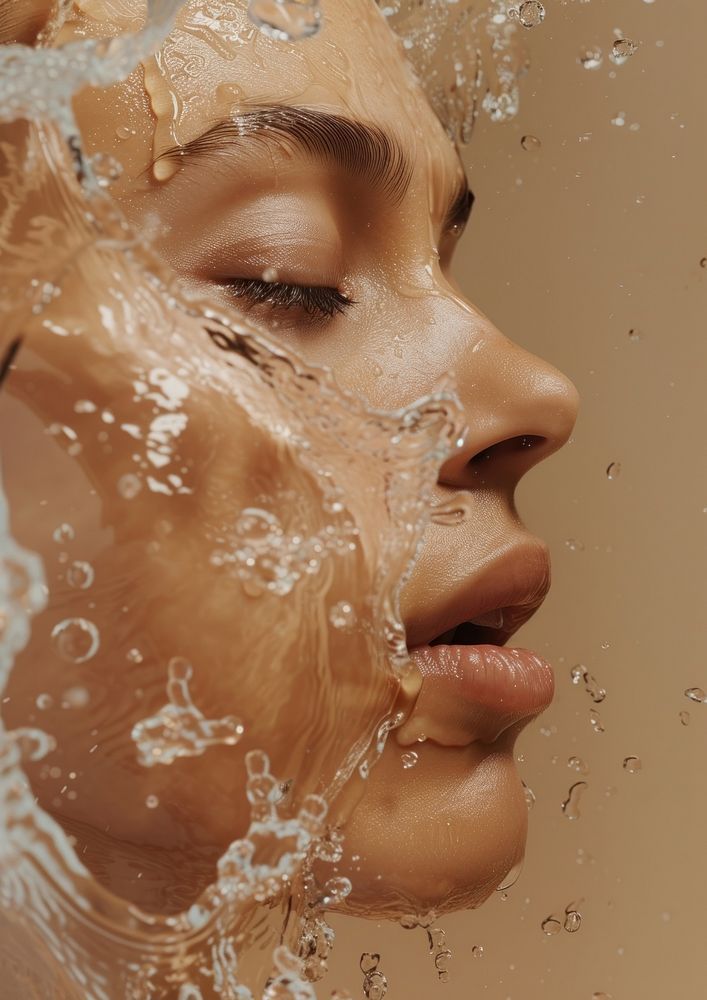Achieving and maintaining hydrated skin is essential for a healthy, glowing complexion. Whether you’re combating dryness, dullness, or fine lines, proper hydration can make a significant difference. This comprehensive guide explores natural and effective methods to hydrate your skin from both internal and external sources. By incorporating these practices into your daily routine, you can promote a supple, radiant, and youthful appearance.
What Is Skin Hydration?
Skin hydration refers to the water content within the skin’s layers, which is crucial for maintaining its elasticity, smoothness, and overall health. When your skin is adequately hydrated, it appears plump, radiant, and resilient. Conversely, dehydrated skin can look dull, feel tight, and may be more prone to irritation and fine lines.
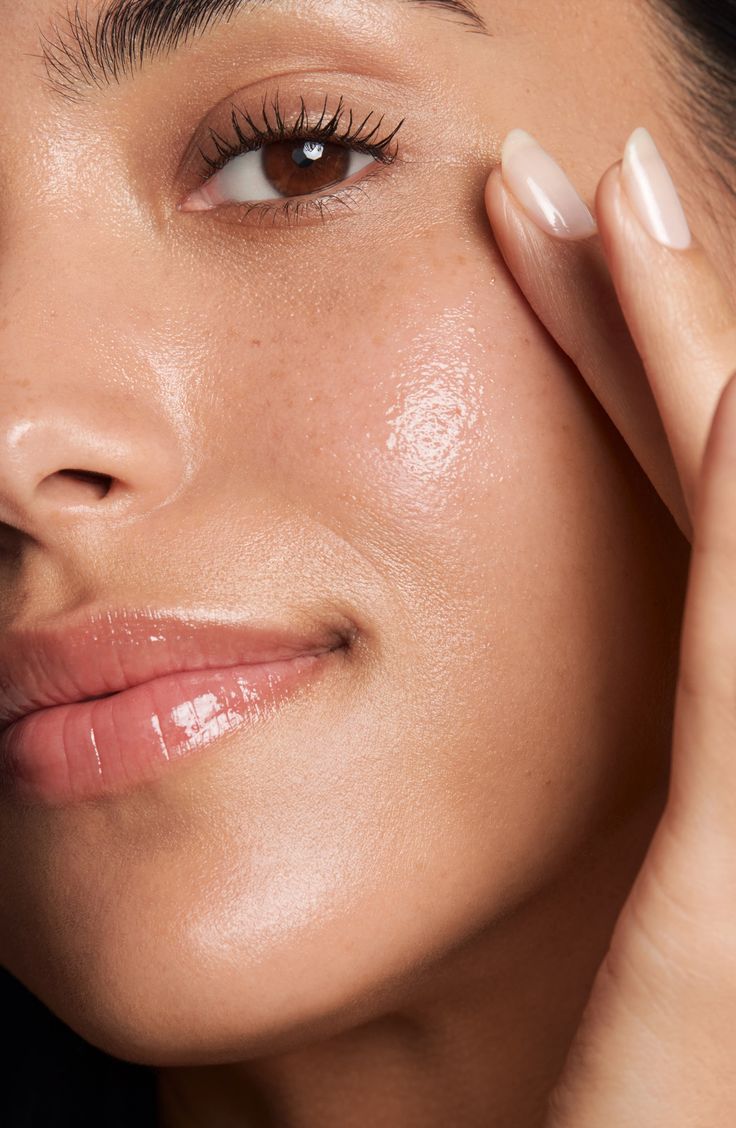
Signs of Dehydrated Skin
Recognizing the signs of dehydrated skin is the first step toward restoring its health. Common indicators include
- A dull or lackluster complexion
- Increased sensitivity or redness
- Fine lines becoming more prominent
- Tightness or discomfort, especially after cleansing
- Flakiness or rough texture
How to Hydrate Skin Naturally
1. Use a Humidifier
Dry indoor air, particularly during colder months or in air-conditioned environments, can strip moisture from your skin. Using a humidifier adds moisture to the air, helping to prevent skin dryness and irritation. Dermatologists recommend maintaining indoor humidity levels between 40-60% for optimal skin hydration.
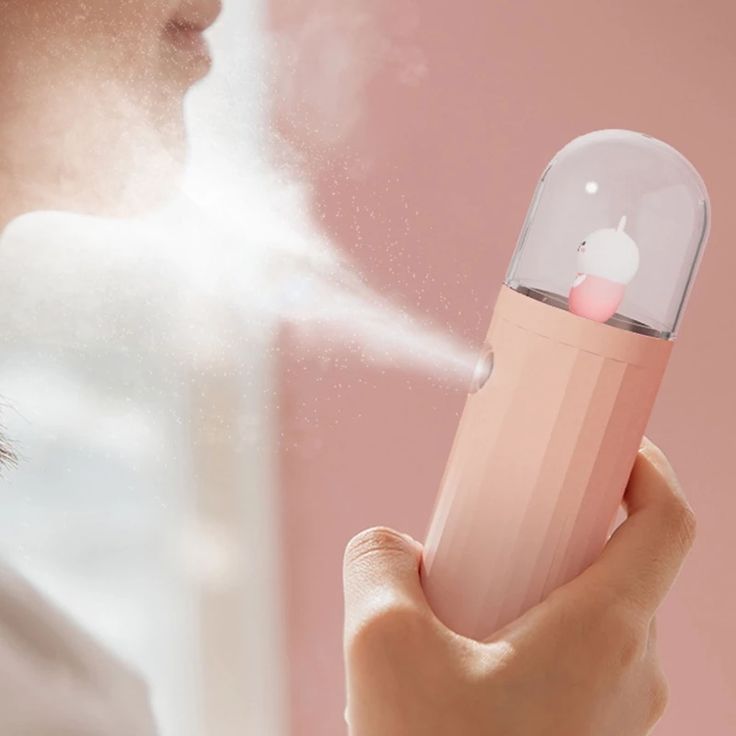
2. Hydrate Skin with Lotion, Ointments, or Face Creams
Applying a rich moisturizer helps to lock in water and strengthen the skin’s barrier. Look for products containing ingredients like ceramides, glycerin, and hyaluronic acid, which are known for their hydrating properties.

3. Try Moisturizing Serums
Serums are lightweight formulations that deliver concentrated active ingredients deep into the skin. Using a face serum with hyaluronic acid can significantly boost hydration levels, especially when applied before your regular moisturizer.
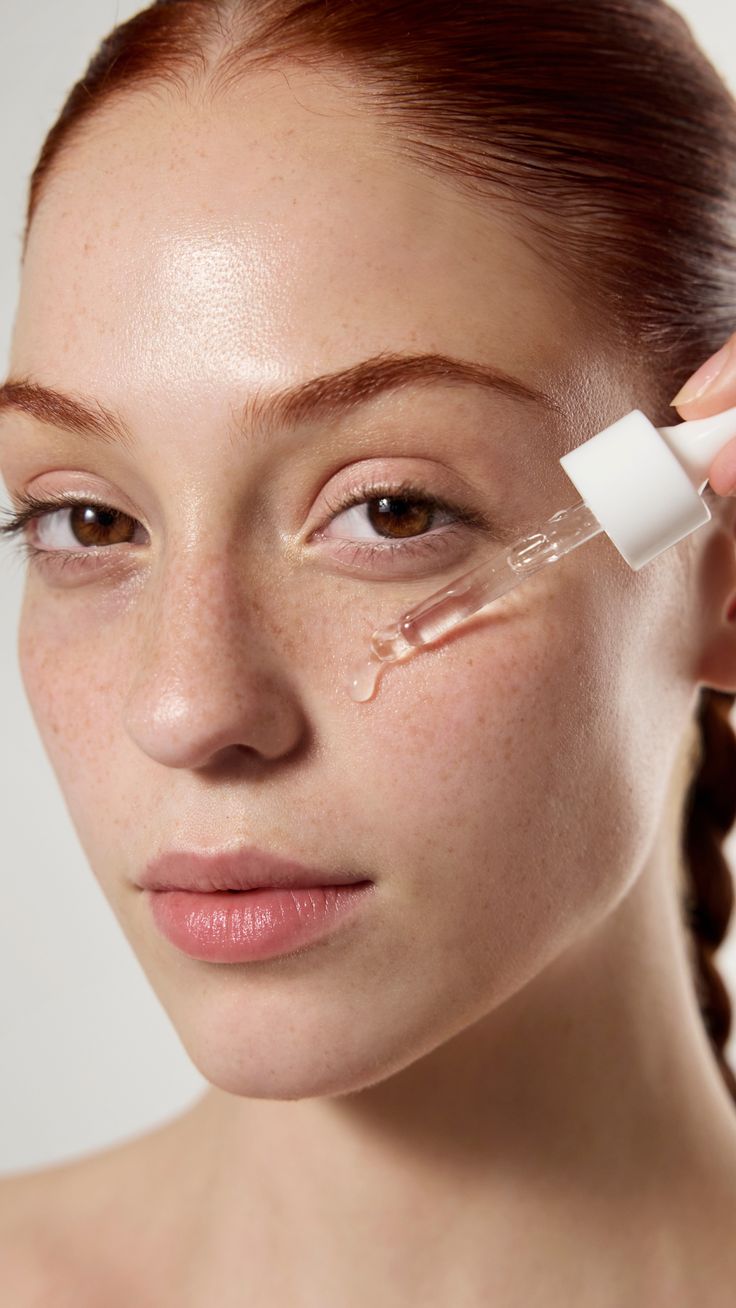
4. Use a Vitamin C Serum for Brighter Skin
Vitamin C is an antioxidant that not only brightens the complexion but also supports the skin’s natural barrier function. Incorporating a vitamin C serum into your routine can enhance skin hydration and radiance.
5. Apply a Facial Toner
Toners help to balance the skin’s pH and prepare it to absorb subsequent skincare products more effectively. Opt for hydrating toners containing ingredients like glycerin or aloe vera to boost moisture levels.
6. Drink Plenty of Water
Adequate water intake is essential for overall health and skin hydration. While drinking water alone won’t drastically change your skin’s appearance, it supports the body’s functions, including nutrient delivery to skin cells.
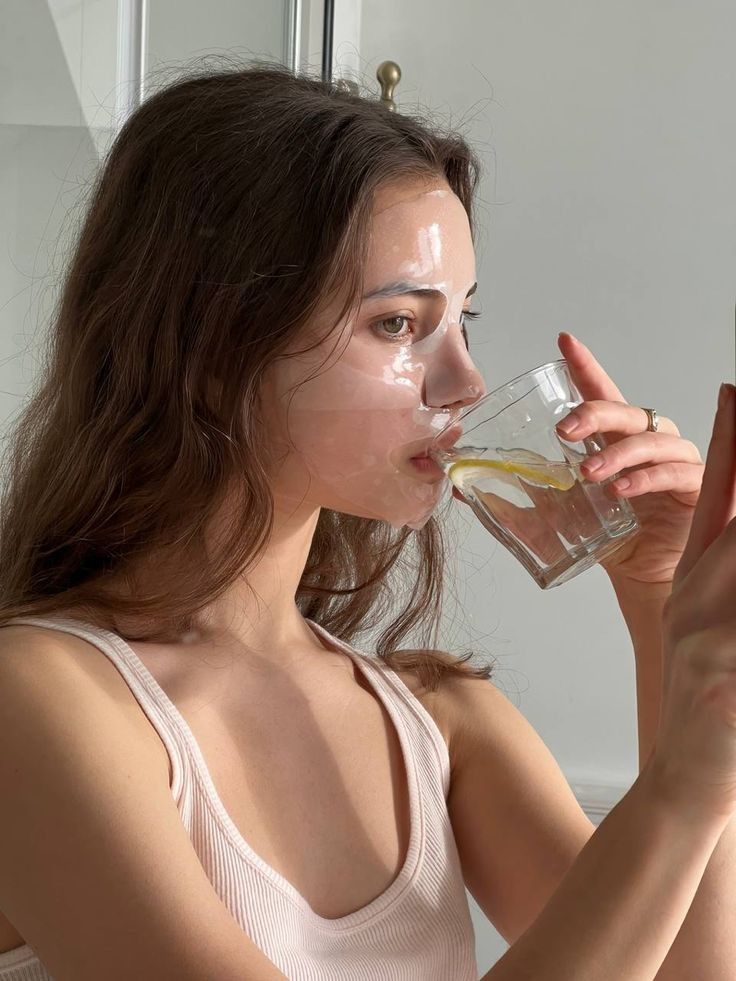
7. Exfoliate a Couple of Times a Week at Most
Exfoliating removes dead skin cells, allowing moisturizers to penetrate more effectively. However, over-exfoliation can damage the skin’s barrier. Limit exfoliation to once or twice a week using gentle methods like chemical exfoliants with glycolic acid.
8. Use Sunscreen
Sun exposure can lead to dehydration and premature aging. Applying a broad-spectrum sunscreen with SPF 30 or higher daily protects the skin from harmful UV rays and helps maintain hydration levels.
9. Use Natural Oils
Natural oils such as jojoba, argan, or squalane can provide additional moisture and nourishment to the skin. These oils mimic the skin’s natural sebum and can be applied after moisturizing to seal in hydration.
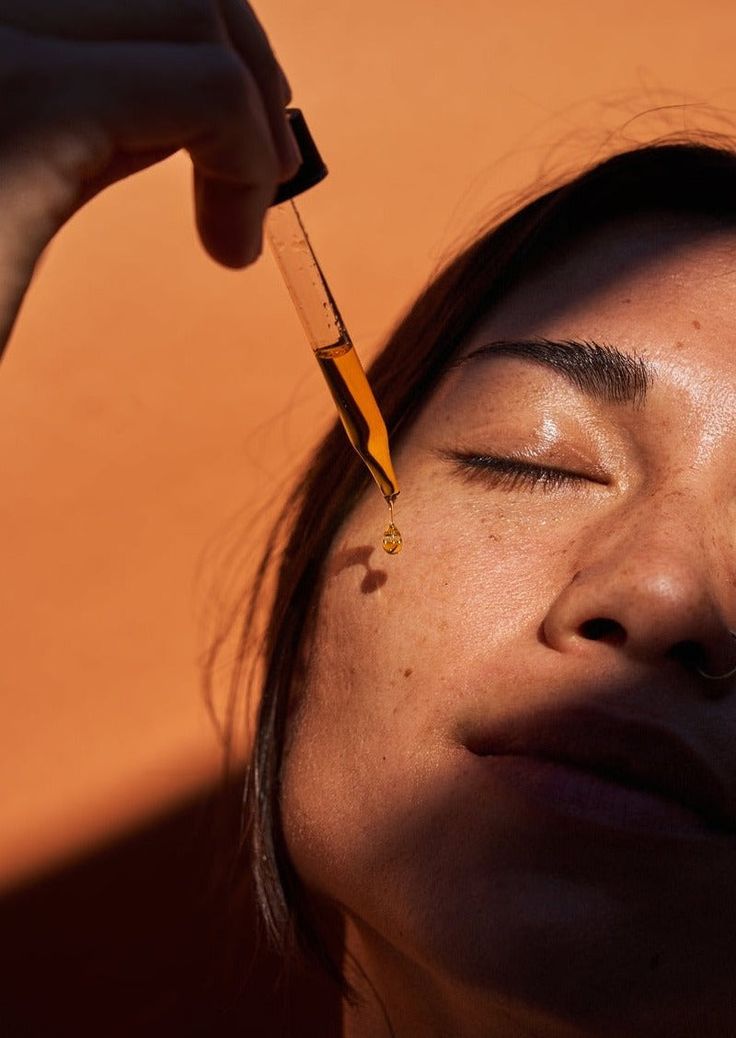
10. Use Gentle Cleansers Only
Harsh cleansers can strip the skin of its natural oils, leading to dryness. Choose mild, fragrance-free cleansers that preserve the skin’s moisture balance.
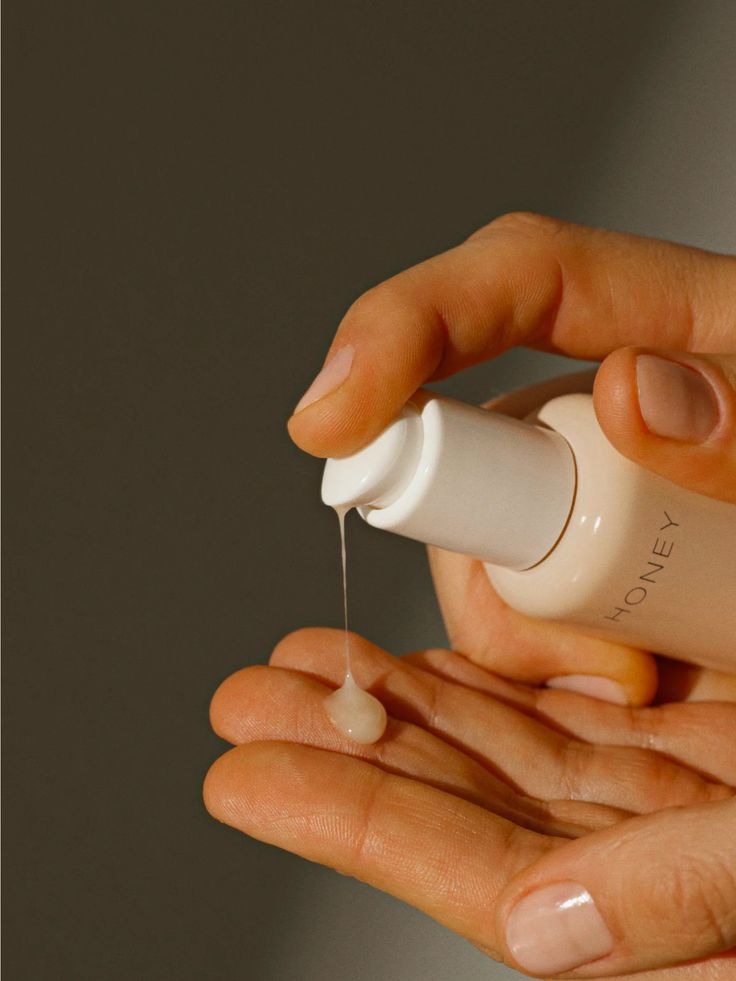
11. Skip Long, Hot Showers
Hot water can dehydrate the skin by stripping away natural oils. Opt for shorter, lukewarm showers to maintain skin hydration.
12. Moisturize Right After a Shower
Applying moisturizer to damp skin helps to lock in moisture. After showering, gently pat your skin dry and apply a hydrating lotion or cream to seal in water.
13. Maintain a Consistent Sleeping Schedule
Adequate sleep is crucial for skin repair and regeneration. Aim for 7-9 hours of quality sleep each night to support skin health and hydration.
14. Choose Hydrating Beverages
Incorporate beverages like herbal teas, coconut water, or water-rich fruits and vegetables into your diet to support skin hydration. Limit intake of caffeinated and alcoholic drinks, which can have dehydrating effects.
15. Consider Your Pillowcase
Cotton pillowcases can absorb moisture from your skin overnight. Switching to a silk or satin pillowcase can help retain skin moisture and reduce irritation.

